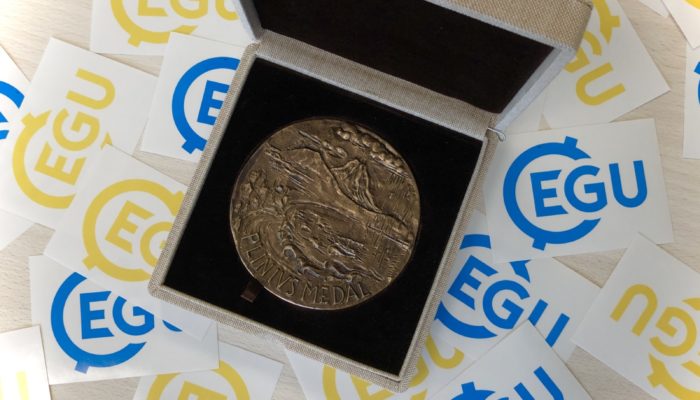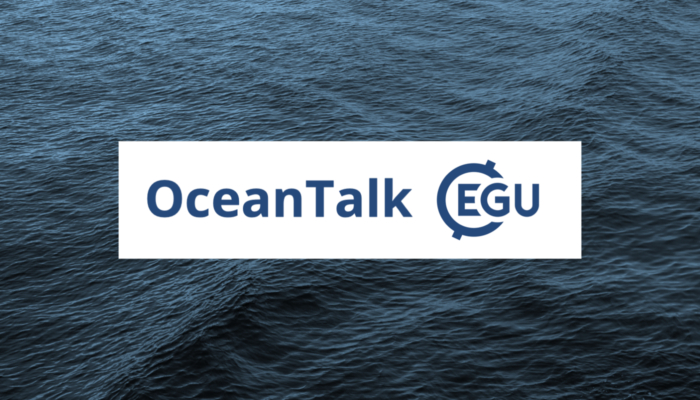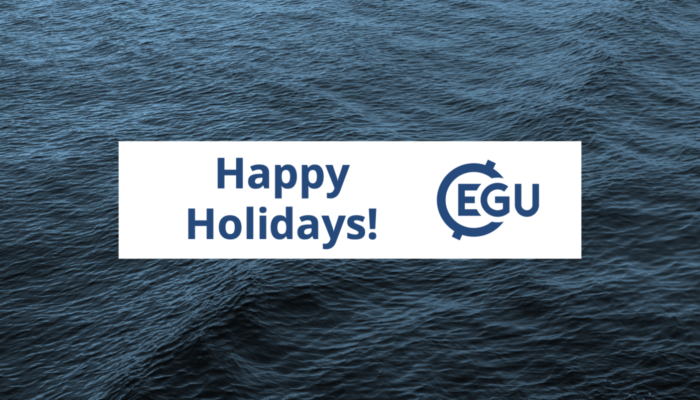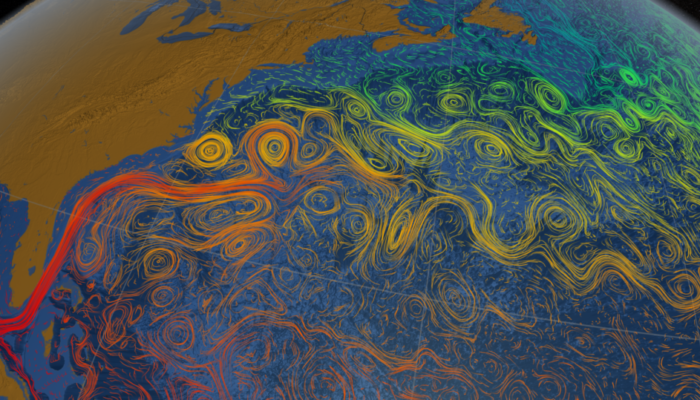Deadline for EGU awards & medals nomination is quickly approaching 15 June 2021 The Ocean Sciences Division awards the Fridtjof Nansen Medal and the Outstanding Early Career Scientist Award. Both recognize researchers that made a remarkable contribution to the field of oceanography. Think about colleagues who contributed to the field of Ocean Sciences and deserve to be acknowledge for their wo ...[Read More]
OceanTalk with Richard J. Greatbatch
Richard J. Greatbatch has been awarded the 2020 Fridtjof Nansen Medal for his distinguished research in oceanography. At vEGU21 he gave his medal lecture titled ‘From the North Atlantic Oscillation to the Tropics and back’. Richard, was becoming a scientist your career plan when you were a mathematician student? Yes, I always wanted to be a scientist and, in particular, to work on some ...[Read More]
Happy Holidays
We would like to end this year by looking back and thanking you! In July we finally launched the Ocean Sciences blog and joined the EGU blogsphere. Since then we had nine blog posts. Thank you to all the great guest authors we had this year. After the initial Ocean Sciences blog team of Gwyn and me, we are happy to double our efforts with Elizabeth and Kristin joining the editorial team. Elizabeth ...[Read More]
Life as a “dry” oceanographer – studying Earth’s oceans from your laptop
I didn’t always know that I would become an oceanographer when I grew up, but I knew I would be doing ‘Science’. I was born and raised in Paris, France. While growing up, I was always interested in Science, from watching documentaries about the universe or nature, to attending science events at museums. While Science is very wide and encompasses many fields of research, I wasn’t too cl ...[Read More]




